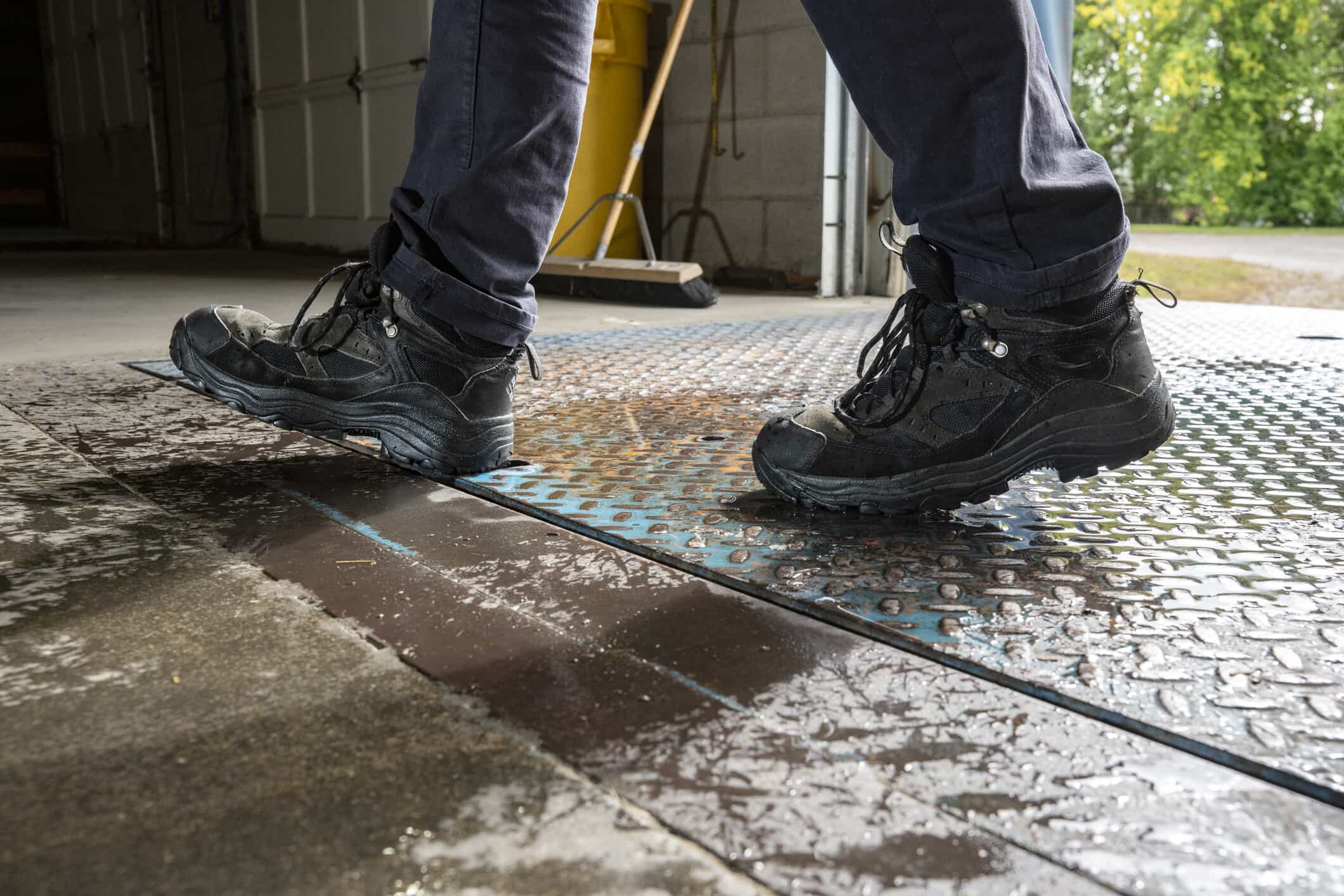Accidents can happen anywhere, even on someone else's property. If you've been injured on another person's premises, you may be wondering who is to blame for your injuries. Determining liability in such cases can be complex, but understanding the basics of premises liability can help you navigate through the legal process. Keep reading for what you need to know.
1. The Role of Property Owners
Property owners have a legal responsibility to ensure the safety of their premises. They should take reasonable measures to prevent accidents and injuries from occurring. This includes maintaining the property, addressing potential hazards, and providing adequate warnings when necessary.
Whether it's a slip and fall on a wet floor or a dog bite on someone's property, property owners may be held liable for injuries that result from their negligence. However, it's essential to establish that the property owner knew or should have known about the dangerous condition and failed to take appropriate action.
2. Responsibility of Occupiers and Tenants
In some cases, the responsibility for injuries may fall on the occupier or tenant of the property. If the occupier has control over the premises, they have a duty to maintain it in a reasonably safe condition. This applies to both commercial and residential properties.
For example, if you slipped and fell in a grocery store due to a spill that the store's tenant failed to clean up, the tenant may be held responsible for your injuries. However, if the property owner was aware of the spill and failed to take action, they may also share liability.
3. Negligent Maintenance and Inspections
One common issue in premises liability cases is negligent maintenance and inspections. Property owners and occupiers must regularly inspect their premises for potential hazards and promptly address any issues that could cause harm.
By neglecting routine maintenance, such as repairing broken stairs or replacing faulty handrails, property owners and occupiers increase the risk of accidents. If you were injured due to their failure to maintain the property adequately, you may have a valid premises liability claim.
4. The Role of Comparative Negligence
In some situations, the injured party may also bear some responsibility for the accident. This is known as comparative negligence. California follows a pure comparative negligence rule, which means that even if you were partially at fault for your injuries, you may still be entitled to compensation.
However, the amount of compensation you receive may be reduced based on your percentage of fault. Understanding how comparative negligence works can help you assess your case and determine the potential outcome.
5. Seeking Legal Assistance
When dealing with injuries on another's property, it's crucial to consult with an experienced personal injury attorney. They can help you navigate the complexities of premises liability laws and build a strong case on your behalf.
At Dreyer Babich Buccola Wood Campora, we have a team of dedicated personal injury lawyers who specialize in premises liability cases. Our attorneys have a proven track record of successfully representing clients in Sacramento and throughout California.
Dreyer Babich Buccola Wood Campora Is Here for You
If you've been injured on another person's property, don't hesitate to reach out to us for a free consultation. We can provide you with the guidance and support you need to pursue the compensation you deserve. Contact Dreyer Babich Buccola Wood Campora today for the representation you deserve.



